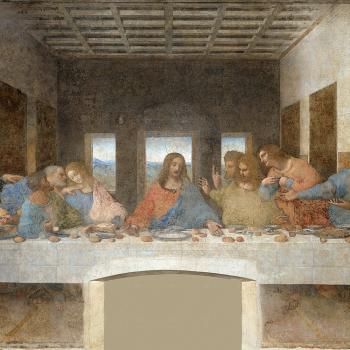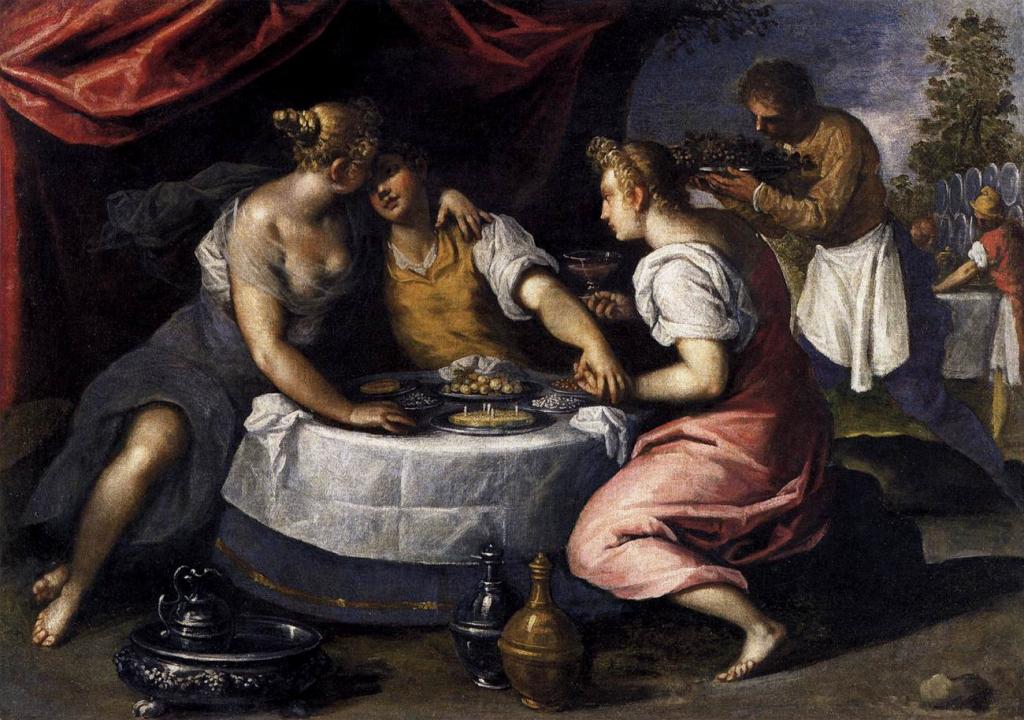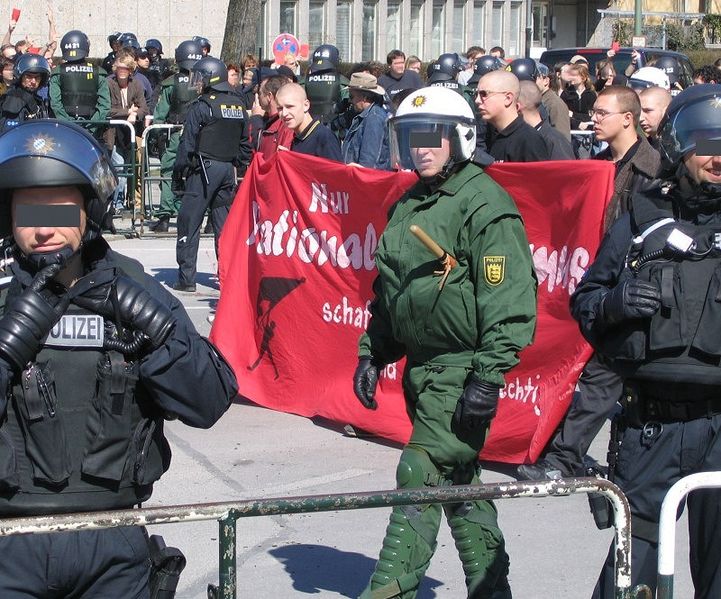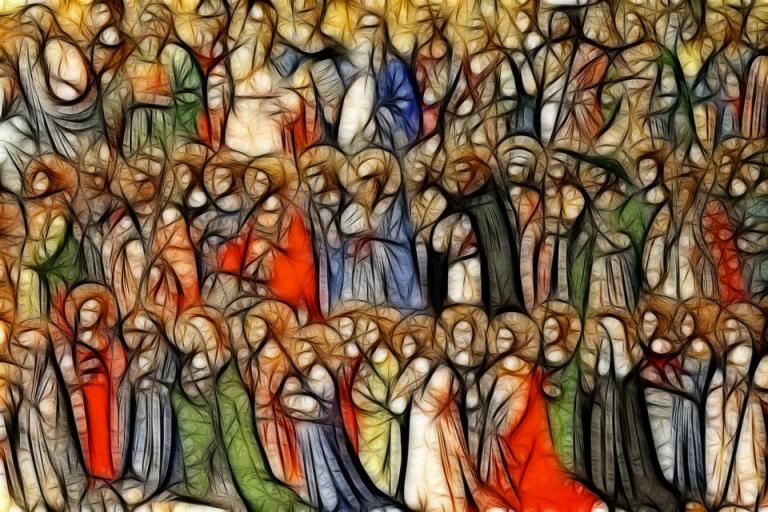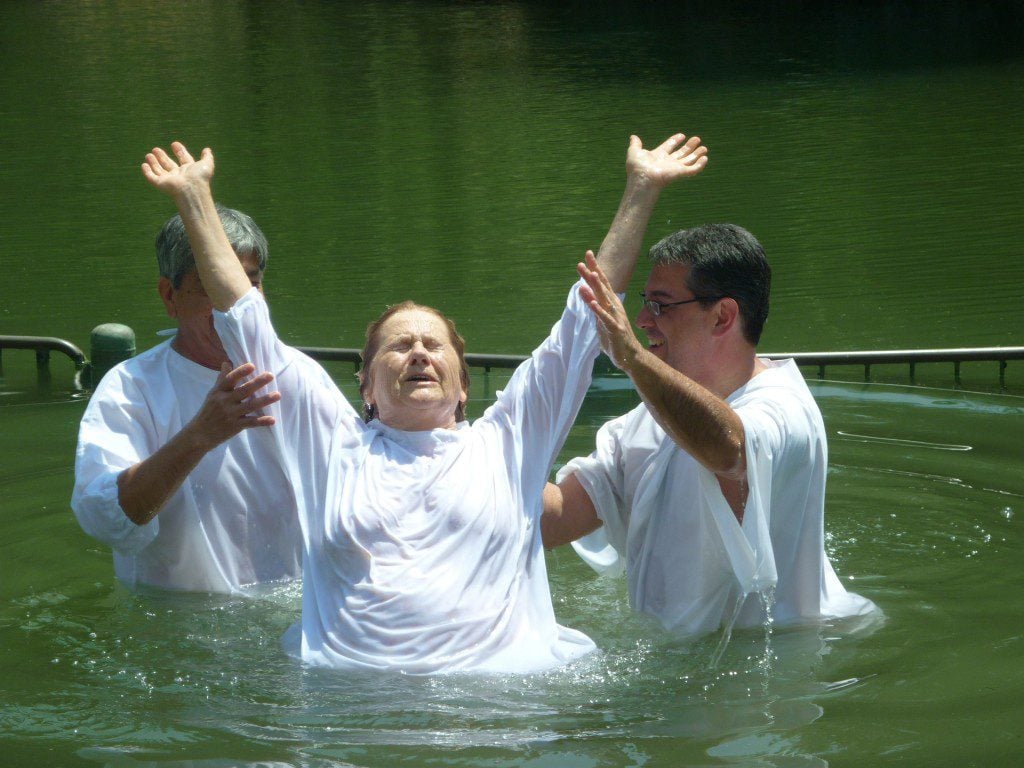
Sure, there’s probably tons written about this in the academic literature, but remember, I’m just an actuary, who blogs as a way of thinking about issues that are interesting to me, rather than with (most of the time) a specific agenda to promote.
Something that’s always seemed “off” to me is the explanation that secularism is the inevitable result of the prosperity of our current times, so that religious observance will inevitably, absent a catastrophe that sends us back into collective poverty, disappear in the United States just as it (nearly) has in Europe. I wrote about this a couple years ago:
But the funny thing is, taken on an individual basis, Christianity is not, and has not, necessarily been a religion of the poor. The first Christians tended to be not the poor, but the wealthy (or at least middle-class) and educated, looking for something that was more meaningful and made more sense to them than the worship of the gods of their fathers and mothers. A favorite sort of conversion story was that of the wealthy man or woman rejecting wealth, and Francis of Assisi was the son of a merchant. In fact, the story around St. Francis goes like this: the economic growth of the High Middle Ages produced this new breed of voluntarily poor Brothers and Sisters such as the Franciscans and the Poor Clares, as a way of responding to their un-ease about the new money economy. At least, that’s what I remember from a book from my Medieval history grad student days.
And now? I’m still reading Robert Putnam’s Our Kids, and just saw a chart saying something I’d seen before, that, in the United States, it’s the poor who are “losing their religion” and there’s a sharp divergence, as the middle-class and better educated are not only doing a better job keeping their families intact, but are keeping up church attendance in a way that the less-educated and poorer class aren’t. I have the impression, too, that in China the rise of Christianity is a middle-class phenomenon, too.
I was mulling over this again more recently, and asking myself the question, “why is it that new-found wealth seems to be bringing more people to religious observance but in the U.S. the conventional wisdom says the reverse is true?” But is it really more simple than that? — is it the case that transitions of various kinds bring about religious observance? In China, there is a definite economic transition that’s leading people — not everyone, but a significant number — to search out some sort of larger “meaning of life.” In the United States, well, in some ways, you might say that people are seeking out different ways of finding that “meaning of life,” whether it’s new age practices or pursuing a cause such as environmentalism. But I’m not so sure that’s the answer.
There’s a book out now, The Complacent Class, by Tyler Cowen, the blurb for which on Amazon states,
Since Alexis de Tocqueville, restlessness has been accepted as a signature American trait. Our willingness to move, take risks, and adapt to change have produced a dynamic economy and a tradition of innovation from Ben Franklin to Steve Jobs.
The problem, according to legendary blogger, economist and best selling author Tyler Cowen, is that Americans today have broken from this tradition―we’re working harder than ever to avoid change. We’re moving residences less, marrying people more like ourselves and choosing our music and our mates based on algorithms that wall us off from anything that might be too new or too different. Match.com matches us in love. Spotify and Pandora match us in music. Facebook matches us to just about everything else.
Of course, this “matching culture” brings tremendous positives: music we like, partners who make us happy, neighbors who want the same things. We’re more comfortable. But, according to Cowen, there are significant collateral downsides attending this comfort, among them heightened inequality and segregation and decreased incentives to innovate and create.
So here’s a theory to test:
Traditional societies, that is, those with a strong in-group pressure to maintain cultural practices = continuity of whatever religious practices already exist.
“Complacent” modern societies => decline in religious practice.
“Dynamic” modern societies => growth in religious practice.
Why would “dynamic” societies produce more religiosity? Because it is in time of social and political change that people are looking for some sense of meaning, a greater purpose, and also because of the concrete benefits of mutual aid and support for people uprooted from traditional communities.
After all, why should it be that the United States was historically more religiously observant than Europe, when subsequent to the initial immigration by Puritans, the new arrivals were no longer distinguished by any particular levels of religiosity? In fact, the level of religious observance in the U.S. also waxed and waned, with various “Great Awakenings” throughout its history. Are there correlated with periods of change?`
And what about the ancient Roman world? Bear in mind, in addition to my statement in my prior post that the first Christians were not necessarily the poor but the wealthy, the context was not simply one of pagans converting to Christianity, the end, but instead, Christianity fell on fertile soil as there was already an interest in something other than the traditional gods, and by this I don’t simply mean the mystical cults of which Christianity is sometimes accused of having started out as. In fact, previously Judaism had its own converts, or, rather, the ancient Roman version of “seekers” who were not interested in “becoming Jewish” with its circumcision and ritual practices, but were attracted by its monotheism and ethics, and subsequently those people found that Christianity gave them what they were looking for while being fully welcomed into the community. (Or something like that — I don’t recall the particulars, but do recall having read that Jews and Christians initially viewed themselves as rivals for converts from paganism.)
And, again going purely on memory, when we think of the Roman Empire, we think of bread-and-circuses and brutal emperors, and the Fall of the Roman Empire with its barbarian hordes, but Christianity grew prior to that, at the time of the Pax Romana, which I would think would have been a very dynamic time.
Now, what about the notion that it is poverty and catastrophe which brings about religious observance, as everyone flocks to the temple to pray for a cure/rain/success in battle/etc., or simply to seek out comfort? Is this based on evidence, or just an assumption? Here’s an example: the Holocaust. It’s my understanding that there were those who turned towards prayer, but there was a large segment of Jews who “lost their religion” as well. As a present-day example, I don’t see any reports of a resurgence in religion in those regions of the country hit hard by the opioid epidemic, neither among addicts nor those who suffer because of the addictions of others.
So it’d be interesting to explore more deeply the particular circumstances in which religious revivals occur — because when I say “dynamism” I’m not entirely sure myself what I mean by this but it seems like at least a tool to thinking about this more than the simplistic “European countries are more secular because they’re taken care of by their social welfare programs.”
Readers, your thoughts please. (And, no, mocking comments about the foolishness of believing in a deity don’t really further the conversation.)
Image: https://pixabay.com/en/baptism-christianity-jordan-river-1959655/; public domain




